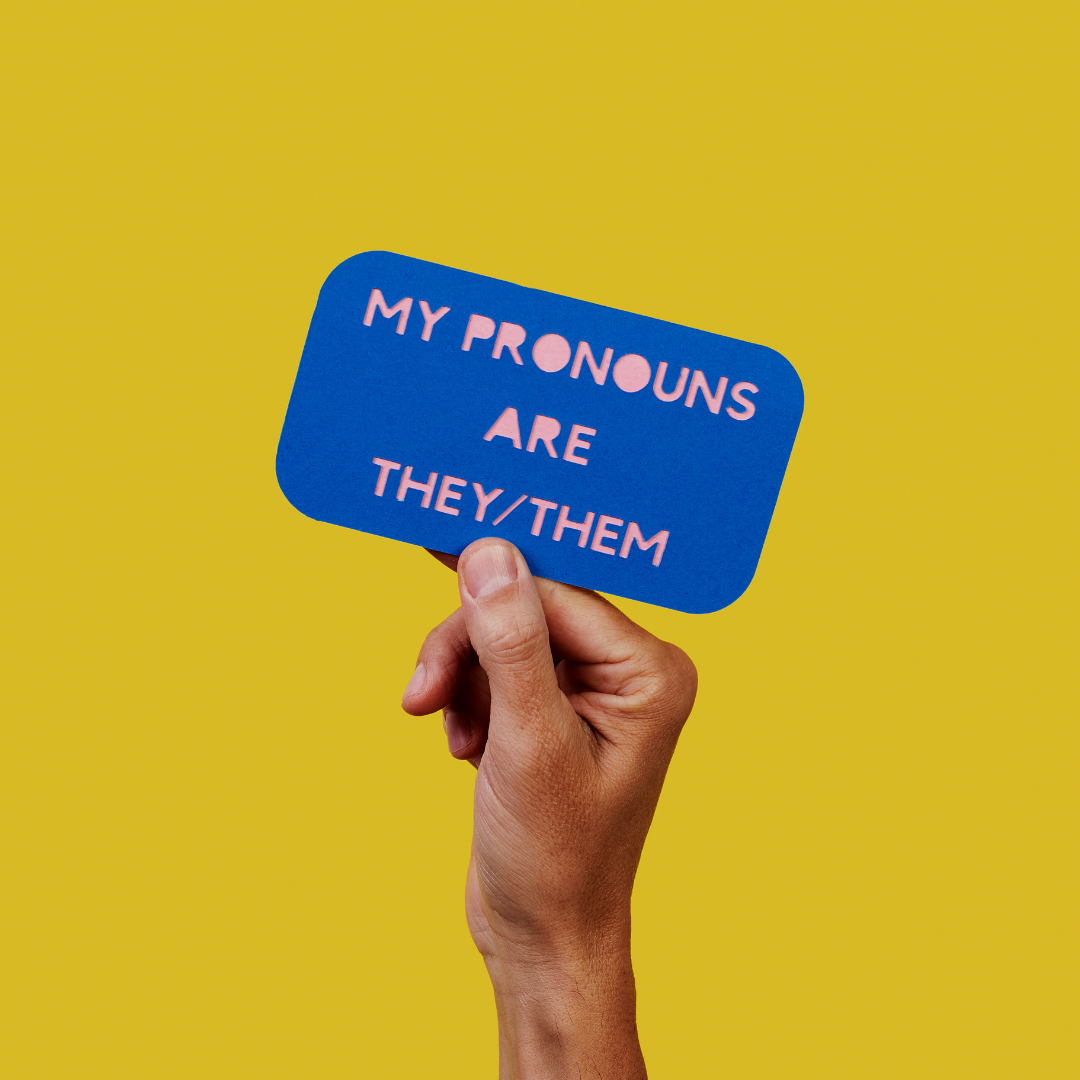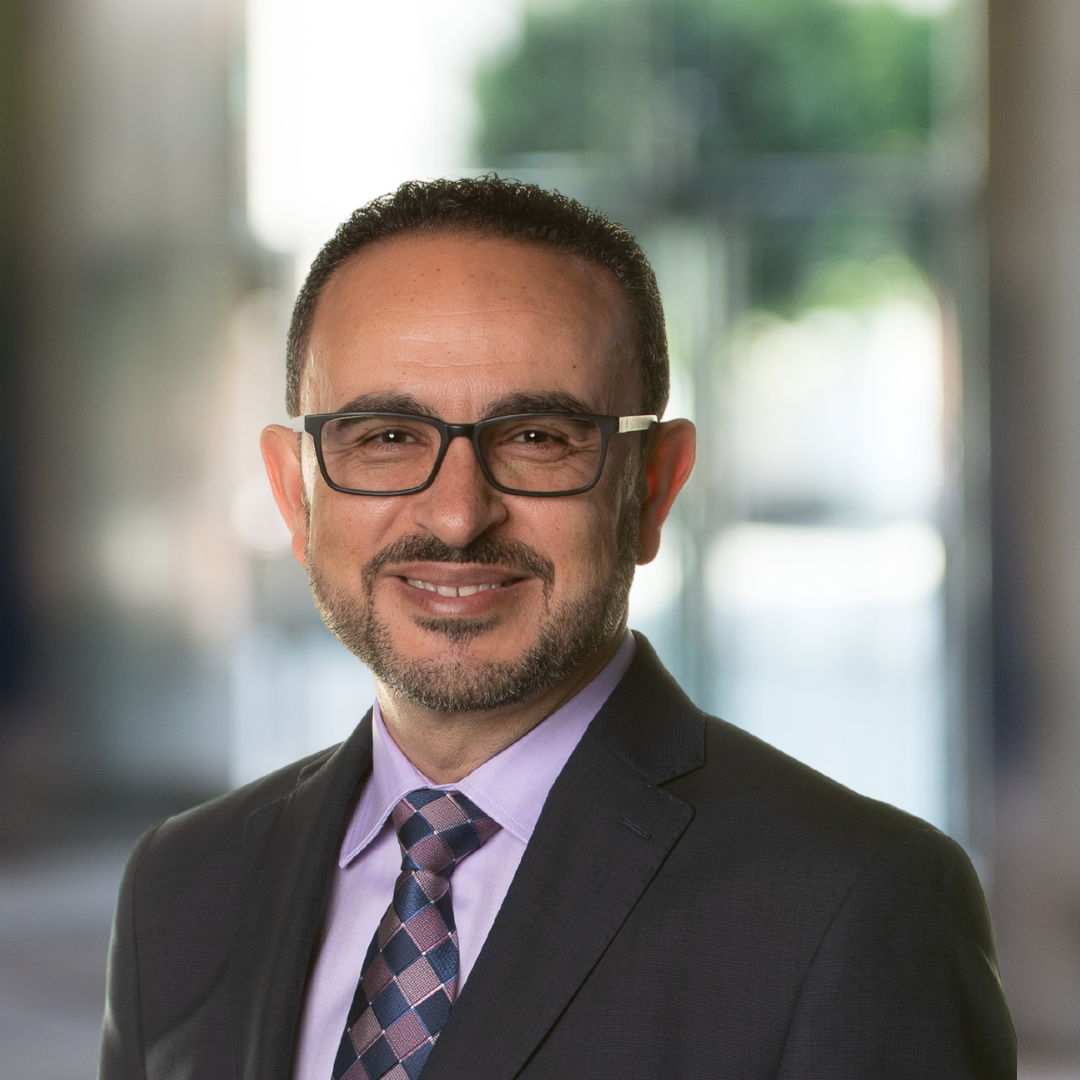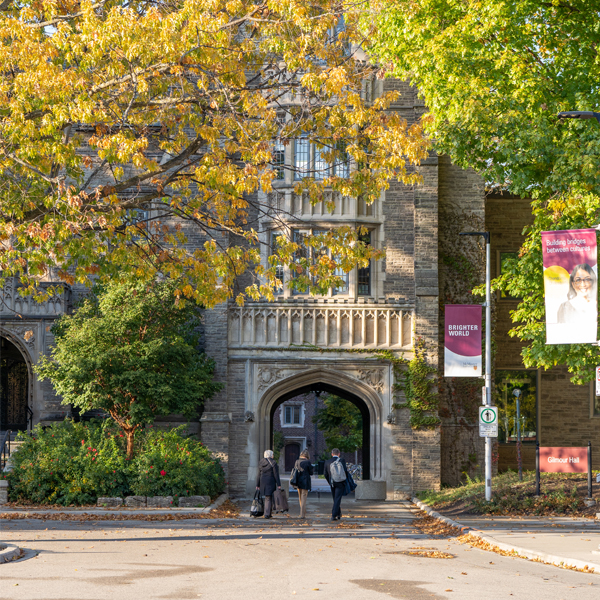

Provides educational opportunities related to harassment, discrimination, anti-oppression, accessibility, accommodation, and other human rights-related issues.
Provides confidential complaint resolution according to the policies on Discrimination, Harassment, and Sexual Violence.
Provides inclusive and trauma informed response; prevention education and response training; community consultation and referral.
Provides consultation and advice on the identification, removal and prevention of barriers to accessibility within the University’s systems, structures and policies.

Pronouns are the words we use to refer to someone without using their name (such as “I” or “you”). When referring to someone in third person, we have to use the correct pronouns. Some people use the gendered pronouns “he/him/his” or “she/her/hers,” and some use gender-neutral or genderless pronouns like “they/them/theirs” or “zie/zim/zir.” Some people may also use multiple sets of pronouns, like “she/her” and “they/them,” which could be written as “she/they.” We often assume someone’s gender and pronouns based on their appearance, however our assumptions aren’t always right and can cause harm. Using the correct pronouns is a way of showing respect.
Accidentally using the wrong pronouns may happen. In this case, apologize, correct yourself, and continue without making too much of a scene. Intentionally using the wrong pronouns is harassment based on gender identity and is not okay.
For cisgender people, including your pronouns in your email signature or when you introduce yourself (“Hi I’m LJ, I use he/him pronouns”) are simple and effective ways to normalize the idea that we shouldn’t assume others’ pronouns. For transgender and nonbinary people, the choice to include pronouns in signatures and introductions is one to make when you feel safe and comfortable to do so.
If you’d like to learn more visit here.

Here at the DeGroote School of Business, we are proud of our diverse community. Students, alumni, faculty, and staff bring their own unique perspectives and experiences to our learning environment. Appreciating and accepting our differences makes us stronger and better prepares our students for a future business world that we hope one day is truly representative and inclusive.
It is our mission to ensure inclusiveness and representation are woven into the fabric of everything we do at the DeGroote School of Business. By celebrating and embracing our differences, fostering a community of belonging, and striving for equal opportunity, we hope to be a step closer to achieving our purpose of transforming business and society for the better.
Khaled Hassanein • Dean, DeGroote School of Business
Learn more about DeGroote’s commitment to Inclusive Excellence in our Strategic Plan.


McMaster University recognizes and acknowledges that it is located on the traditional territories of the Mississauga and Haudenosaunee nations, and within the lands protected by the “Dish with One Spoon” wampum agreement.

We acknowledge the land we are on is the traditional territory of many nations including the Mississaugas of the Credit, the Anishnabeg, the Chippewa, the Haudenosaunee, and the Wendat people. We also acknowledge that Toronto is covered by Treaty 13 with the Mississaugas of the Credit.